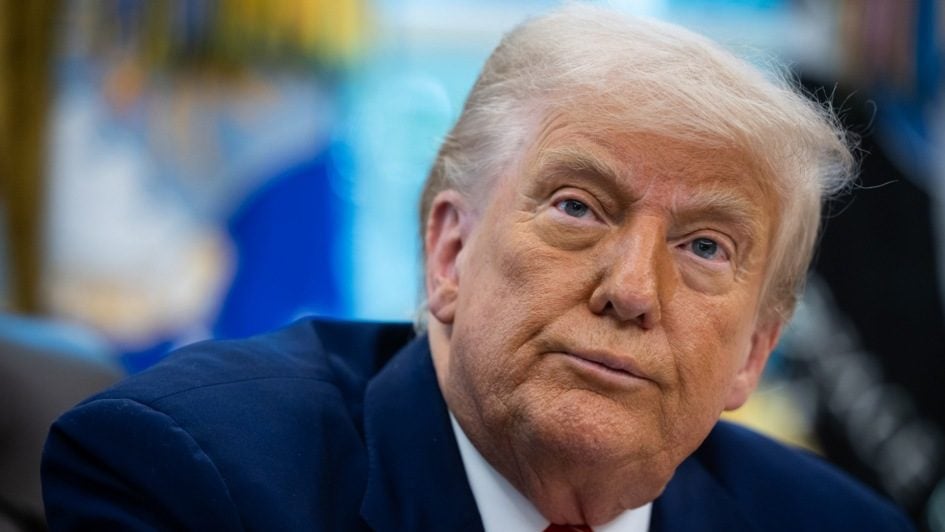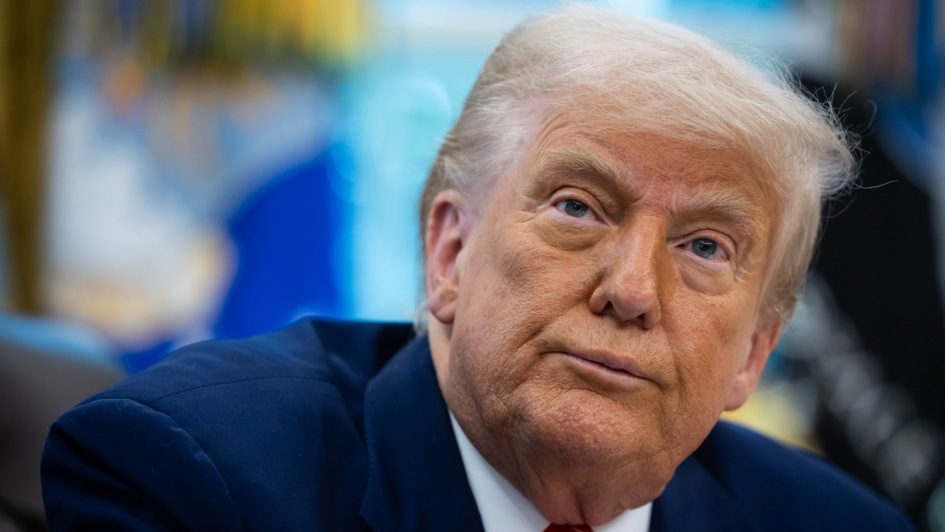Chad’s President Mahamat Idriss Deby announced that his country will suspend issuing visas to US citizens in response to the visa ban imposed by US President Donald Trump on 12 countries, including Chad. Trump accused the affected countries of lacking proper identification verification systems and refusing to take back their citizens who overstayed in the US. Deby emphasized that Chad is acting on the principle of reciprocity and highlighted the dignity of his country, alluding to a luxury plane recently gifted to the Trump administration by Qatar. The visa ban has sparked various reactions in Africa, where seven of the 12 affected countries are located. Some countries, such as the Republic of Congo and Sierra Leone, have expressed willingness to cooperate with the US to resolve misunderstandings and issues caused by this decision.
Political Perspectives:
Left: Left-leaning outlets tend to emphasize the negative humanitarian and diplomatic impacts of the US visa ban, highlighting how it affects ordinary citizens and strains international relations. They often criticize the Trump administration’s policies as discriminatory and counterproductive, focusing on the principle of reciprocity and the dignity of affected countries like Chad.
Center: Center-leaning sources report the facts of the visa ban and Chad’s reciprocal suspension of visas in a neutral tone, providing context about the reasons given by the US administration and the responses from affected countries. They focus on the diplomatic dialogue and the potential for cooperation to resolve misunderstandings.
Right: Right-leaning media often justify the US visa ban as a necessary security measure to prevent illegal immigration and protect national interests. They may highlight the US government’s concerns about countries lacking proper identification systems and not cooperating in repatriation efforts. The reciprocal actions by countries like Chad are sometimes portrayed as symbolic or less significant compared to the US’s security priorities.








